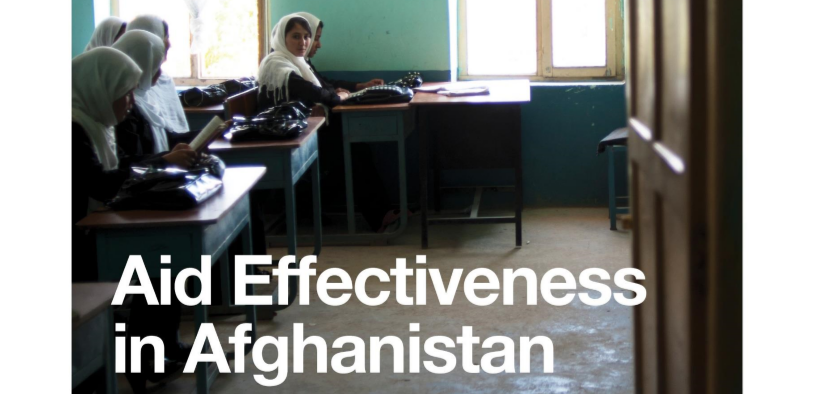Afghanistan is a very difficult country to deliver aid

Aid effectiveness study is a joint research and advocacy project between Swedish Committee for Afghanistan (SCA) and Oxfam to support an effective evidence based advocacy on aid effectiveness in Afghanistan as one of the key commitments between the Afghan government and the international community. The findings of the research study will lead the advocacy efforts of SCA and Oxfam, and other members of ENNA[HG1] , at national and international level.
The finding of the research shows that Afghanistan is a very difficult country to deliver aid – corruption, conflict, competing priorities, movement restrictions, yet much is still in control of government and international community to address aid effectiveness.
International aid to Afghanistan has decreased, from nearly USD 6.5 billion in 2010, down to USD 4.2 billion in 2015, with donors[1] honouring the pledges made at international conferences. Yet donors have been informing the government of Afghanistan that they should get used to having less financial support in the coming years. Despite these warnings from donors, Afghanistan remains financially dependent on international support.
The finding of the research also indicates that there are over 30 different international donors disbursing aid in Afghanistan, each with their own agenda and aid agreement with the government, and effective donor coordination and harmonisation is not a practice adopted universally. Yet in some sectors, donors are able to coordinate well, due in part to the strong leadership shown by the government, and the effective systems established to bring donors, government, and development partners to the table. Moreover, mechanisms such as the Afghan Reconstruction Trust Fund (ARTF) and the Afghan Infrastructure Trust Fund (AITF), encourage a more harmonised approach, improving the cost effectiveness of international aid. Yet there are still major issues of fragmentation, with donors bypassing government systems in multiple areas of the development sector, and it is this fragmentation that leads to ineffective aid.
The study highlights that it is a crucial time for the country, with less money expected in the coming years – therefore aid effectiveness prioritization is needed. This means tackling corruption and fragmentation, and moving towards more Afghan ownership and alignment.
Donors want this, but believe that the government isn’t fully ready yet. While government believe they are ready now, and to delay their full ownership and alignment with their systems would be to deliver further ineffective aid, denying Afghan people development.
Government, donors, and civil society have provided a number of recommendations to improve aid effectiveness in Afghanistan.
Read the full study here